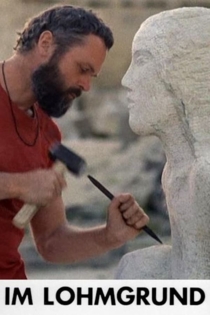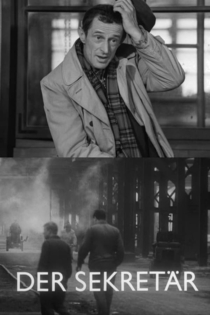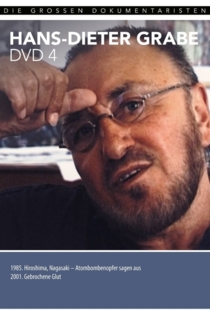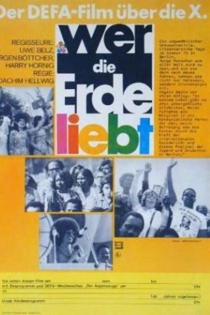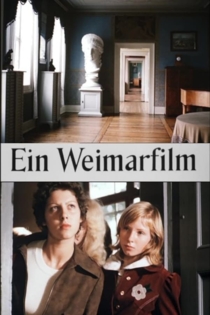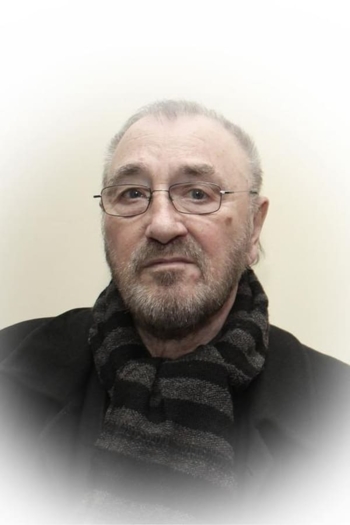
Jürgen Böttcher
1931 (94 года)In Georgien
Jürgen Böttcher
Impressionistic East German documentary filmed mainly in the Georgian countryside in 1986-1987. The director, a painter, wanted to see if similar scenes to those found in the work of Georgian painter Niko Pirosmanishvili still existed there.
In Georgia
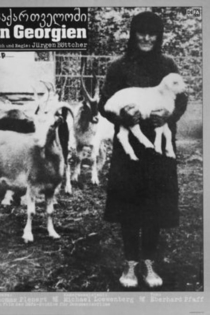
Wäscherinnen
Jürgen Böttcher
In this film about apprentices of the Rewatex laundry, Böttcher once again turns to the focal concern of almost all his films the attempt to report as truthfully and impressibly as possible on the life of workers. Böttcher takes the audience into the midst of a seemingly unknown environment only to let them realize how familiar this world in fact is.
Wäscherinnen

Ein Vertrauensmann
Jürgen Böttcher
A black-and-white documentary film about the large housing estate "Lütten Klein" in the northwest of Rostock in June 1968. On the basis of the construction worker and shop steward Hans Schmidt, the efforts to fulfil the plan are clearly shown, even if the supplies and weather conditions are not optimal. The group meeting of the construction brigade shown here describes, among other things, the hardships and disappointments of some of the workers on the construction site. On the other hand, the construction management and shop steward Schmidt try to motivate the workers to achieve even higher performance by demanding competition and obligations.
A Representative
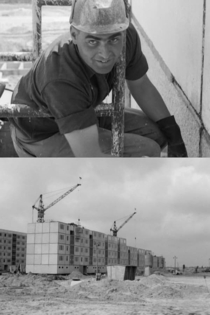
Martha
Jürgen Böttcher
Martha Bieder is the last rubble-woman in Berlin Rummelsburg. Every day, rain or shine, she stands at the conveyor belt - as she has for decades - sorting through rubble. After a retirement party thrown for her by her male colleagues, she tells her story of being a rubble-woman in post-war Germany.
Martha
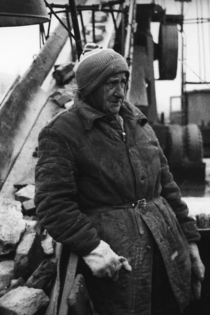
Die Küche
Jürgen Böttcher
This documentary follows a group of women on a typical workday as they prepare meals for a dockyard in Rostock. The viewer never learns their names - there are no interviews. The women are presented simply as workers: cooking, cleaning, hauling, and serving dishes amid clanking pots and hot steam.
The Kitchen

Rangierer
Jürgen Böttcher
A shunter's job is to slow down, link, and unlink train wagons at a central station. The film documents - without any commentary - the working hours of few shunters at the shunting-station Dresden-Friedrichstadt, which was the largest such station in all of the former German Democratic Republic. They work day and night, amidst snow and fog at the railway tracks, speaking only as much as necessary.
Shunters
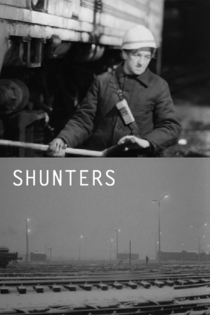
Potters Stier
Jürgen Böttcher
Potter's Bull is the first part of the "Over-Paintings" Trilogy (Uebermalungen) by painter and director STRAWALDE (Juergen Boettcher). Paulus Potter's simple postcard scene entitled "The Young Bull" ("den jungen Stier") is artistically alienated in an imposing fashion. By using assorted means of "painting over" and/or front projections, the figure of the bull in the center of the card is placed in a state of constant flux. A viewer may also choose to follow the shifting background behind the bull, which continues to recontextualize the bull in shifting worlds. Accompanied by a sound collage.
Potters Stier
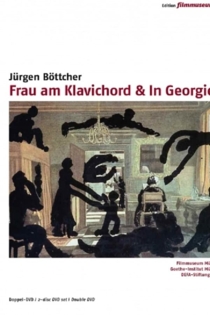
Stars
Jürgen Böttcher
This black and white documentary film reports on a brigade of women, they are the "stars" of a Berlin light bulb factory. What is striking is the cordiality and good cooperation within the women's group, despite their monotonous work in the control area in the production of tungsten wires, also called filaments. Original tones are inserted to convey the joys, the cheerfulness and quick-wittedness that they have despite their burden of family and work. A problem of the wrong way of counting the female workers is openly addressed by the brigade leader and in a countercut Inge introduces her baby to her colleagues in the company. Everything seems like one big family and nobody can really imagine being without this work.
Stars
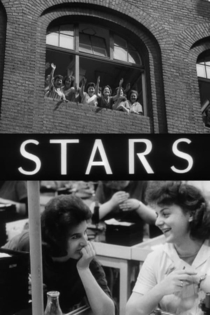
Die Mauer
Jürgen Böttcher
A documentary about the deconstruction of the Berlin Wall which makes no use of vocal commentary but instead focuses on visual elements. From the Potsdamer Platz to the Brandenburg Gate, the camera captures the historic events from all sides and different angles: on the one hand there are news reporters and tourists from all over the world taking pictures, children selling pieces of the wall to passers-by, and people celebrating New Year's Eve, on the other we see abandoned subway stations and officials with blank looks on their faces.
The Wall

Großkochberg - Garten der öffentlichen Landschaft
Jürgen Böttcher
Kochberg Castle was once owned by the von Stein family and Goethe visited Charlotte von Stein there several times. On the occasion of the "1000 years of Weimar" celebrations, the castle, which has been converted into a memorial, is being opened to the public. At the inauguration ceremony, students of the Weimar Academy of Music will give a large festive concert. On the basis of old engravings and personal letters and pictures the audience learns more about the relationship between Goethe and Charlotte von Stein.
Grosskochberg - Public Landscape Gardens
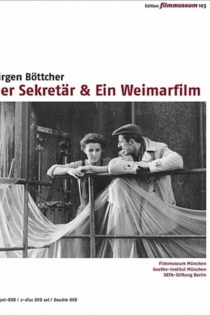
Jahrgang 45
Jürgen Böttcher
Rolf Römer, Monika Hildebrandt
Originally banned in 1966, East German director Jürgen Böttcher's tale of love and disillusionment among two newlyweds attempting to navigate the treacherous world of marriage was never officially released in his homeland until after reunification in 1990.
Born in '45
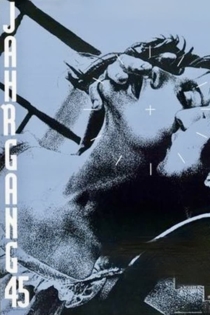
Im Lohmgrund
Jürgen Böttcher
Sculptor Makolies is filmed working on a sculpture in the middle of a quarry in Swiss Saxony. The quarry workers go about their work around him. Both the work in the quarry and the work on the large figure in sandstone require strenght and conscientiousness. This film observers both types of work, without comparing them.
Im Lohmgrund
